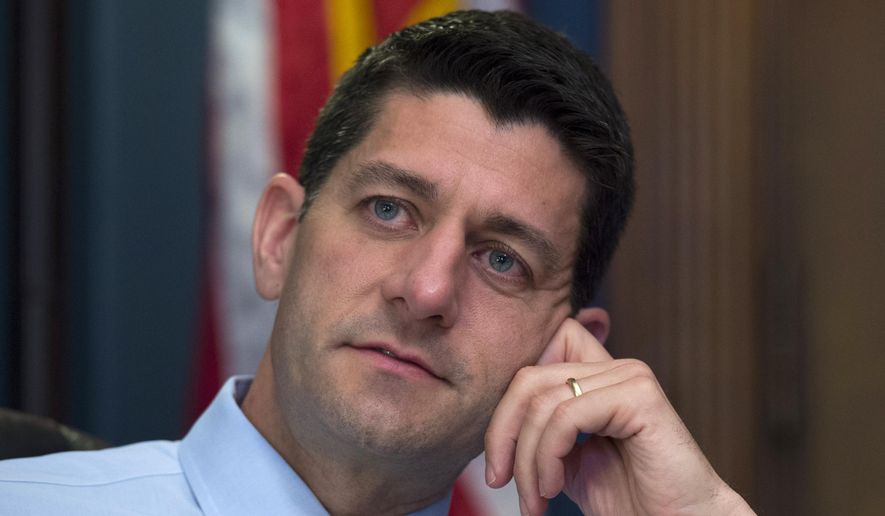The House voted Tuesday to repeal another piece of Obamacare, this time a Medicare cost-cutting board that opponents have decried as a “death panel” that could ration care.
Majority Republicans led the charge to repeal the Independent Payment Advisory Board (IPAB), 244 votes to 154, and were joined by 11 Democrats who ignored President Obama’s veto threat.
The Affordable Care Act of 2010 created the board to recommend savings within Medicare if the program exceeded a target growth rate. It would implement those changes unless Congress overruled it through legislation that achieved similar aims, or if 60 senators voted to override its cost-cutting provisions.
Critics have lambasted the IPAB as “15 unelected bureaucrats” who ostensibly could rein in seniors’ care, although no one’s been appointed to the board yet.
“This unelected panel exists only to take control away from patients and rations care — and it’s seniors who will suffer the consequences,” said Ways and Means Committee Chairman Paul Ryan, Wisconsin Republican.
Some Democrats agreed but didn’t like how the Republicans paid for repeal — $7 billion from Obamacare’s prevention and public health fund — while others said the bill was just another part of the GOP’s overall scheme to take down the health care law, and that they should give IPAB a chance.
The board was designed to serve as a cost-cutting back-stop, “only to come into effect if other efforts weren’t successful,” Rep. Sander Levin, Michigan Democrat, said in floor debate.
Looking ahead, GOP leaders would have to gather 60 votes on the Senate side overcome a possible Democratic filibuster, and two-thirds majorities in both chambers to override Mr. Obama’s veto.
The White House said the House was jumping the gun and erasing a key cost-cutting tool that is prohibited from recommending changes that would ration care or drive up premiums.
“The bill would eliminate an important safeguard that, under current law, will help reduce the rate of Medicare cost growth responsibly while protecting Medicare beneficiaries and the traditional program,” the administration said. “While this safeguard is not projected to be needed now or for a number of years given recent exceptionally slow growth in health care costs, it could serve a valuable role should rapid growth in health costs return.”
• Tom Howell Jr. can be reached at thowell@washingtontimes.com.




Please read our comment policy before commenting.